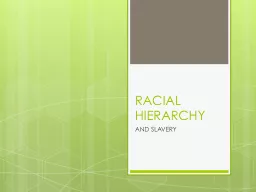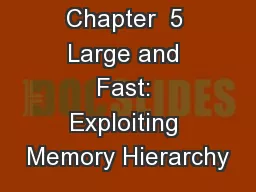PDF-(READ)-The Western Illusion of Human Nature: With Reflections on the Long History of Hierarchy,
Author : lauraleebeddingfield | Published Date : 2022-09-01
Reflecting the decline in college courses on Western Civilization Marshall Sahlins aims to accelerate the trend by reducing Western Civ to about two hours He cites
Presentation Embed Code
Download Presentation
Download Presentation The PPT/PDF document "(READ)-The Western Illusion of Human Nat..." is the property of its rightful owner. Permission is granted to download and print the materials on this website for personal, non-commercial use only, and to display it on your personal computer provided you do not modify the materials and that you retain all copyright notices contained in the materials. By downloading content from our website, you accept the terms of this agreement.
(READ)-The Western Illusion of Human Nature: With Reflections on the Long History of Hierarchy,: Transcript
Download Rules Of Document
"(READ)-The Western Illusion of Human Nature: With Reflections on the Long History of Hierarchy,"The content belongs to its owner. You may download and print it for personal use, without modification, and keep all copyright notices. By downloading, you agree to these terms.
Related Documents














